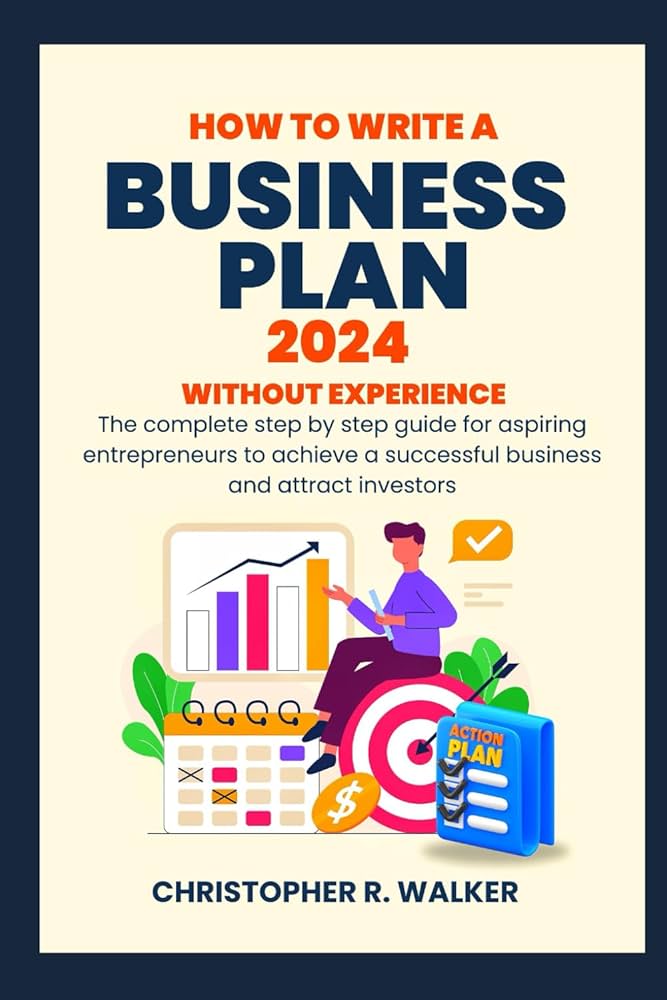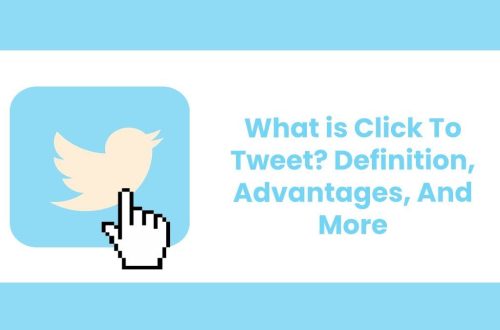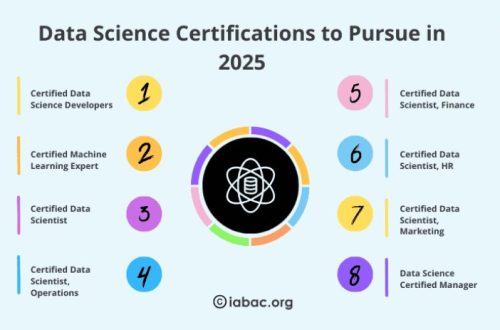So, you’ve got a brilliant startup idea brewing, huh? That’s fantastic! But a great idea alone isn’t enough to launch you into the stratosphere. You need a solid roadmap, a guiding star to navigate the often-turbulent waters of entrepreneurship; That’s where a well-crafted business plan comes in. Think of it as your startup’s GPS, showing you exactly where you’re going and how you’re going to get there. Let’s dive into how to create a business plan that will impress investors and keep you on track in 2024.
Why You Need a Business Plan for Your Startup
Seriously, why bother with a business plan? Isn’t it just a dusty document that sits on a shelf? Absolutely not! A business plan is your blueprint for success. It forces you to think critically about every aspect of your business, from your target market to your financial projections. It’s also crucial for securing funding. Investors want to see that you’ve done your homework and have a clear vision for the future. Without a solid business plan, getting funding is like trying to start a fire with wet wood – frustrating and ultimately unsuccessful.
Key Benefits of a Well-Written Business Plan:
- Attract Investors: Show them you’re serious and have a viable plan.
- Secure Funding: Banks and lenders need to see a clear path to repayment.
- Guide Your Strategy: Keep your team aligned and focused on your goals.
- Identify Potential Problems: Proactively address challenges before they derail you.
- Measure Your Progress: Track your performance against your initial projections.
Essential Components of a Winning Business Plan for 2024
Okay, so you’re convinced you need a business plan. Great! But what exactly goes into it? Here’s a breakdown of the key components you’ll need to include:
Executive Summary
This is your elevator pitch on paper. It’s a brief overview of your entire business plan, highlighting the key points and why your business is worth investing in. Think of it as the movie trailer for your startup. Make it compelling!
Company Description
What problem are you solving? What’s your mission? This section provides a detailed description of your company, its mission, vision, and values. It should also outline your legal structure (e.g., LLC, S-corp) and ownership.
Market Analysis
Who are your customers? What’s the size of your market? This section demonstrates your understanding of your target market, including its size, demographics, and trends. It also includes a competitive analysis, identifying your key competitors and how you differentiate yourself.
Products and Services
What are you selling? What makes it unique? This section describes your products or services in detail, highlighting their features, benefits, and competitive advantages. It should also outline your pricing strategy and how you plan to generate revenue.
Marketing and Sales Strategy
How will you reach your customers? How will you generate sales? This section outlines your marketing and sales plan, including your target audience, marketing channels (e.g., social media, content marketing, advertising), and sales tactics.
Management Team
Who’s running the show? Why are they qualified? This section introduces your management team and highlights their experience, skills, and qualifications. Investors want to see that you have a capable team in place to execute your plan.
Financial Projections
Show me the money! This section presents your financial projections, including your income statement, balance sheet, and cash flow statement. It should also include your key assumptions and break-even analysis. This is where you demonstrate the financial viability of your business.
Appendix
This section includes any supporting documents, such as resumes of key personnel, market research data, and letters of intent.
Tips for Writing a Compelling Business Plan for Your Startup
Writing a business plan can feel daunting, but it doesn’t have to be. Here are a few tips to help you create a compelling document that will impress investors and guide your business:
Keep it Concise
No one wants to read a 100-page business plan. Keep it focused and to the point. Aim for a length of 20-30 pages.
Use Clear and Simple Language
Avoid jargon and technical terms that your audience may not understand. Write in plain English.
Back Up Your Claims with Data
Don’t just make assertions. Support your claims with market research, financial data, and other evidence.
Be Realistic
Don’t overestimate your potential or underestimate your challenges. Be honest and realistic in your projections.
Get Feedback
Ask trusted advisors, mentors, and potential investors to review your business plan and provide feedback.
Focus on the Problem You’re Solving
Investors are more interested in the problem you’re solving than the product you’re selling. Clearly articulate the pain point you’re addressing and how your solution solves it.
- Research your market thoroughly. Know your customers and competitors inside and out.
- Be honest about your weaknesses. Acknowledge potential challenges and outline how you plan to overcome them.
- Proofread carefully. Errors in your business plan can undermine your credibility.
Business Plan Template: A Starting Point for Your Startup
Feeling overwhelmed? Don’t worry, you don’t have to start from scratch. There are plenty of business plan templates available online that can provide a helpful framework. Here are a few resources to check out:
- SBA.gov: The Small Business Administration offers a free business plan template and guidance.
- Score.org: SCORE provides free mentoring and resources for small businesses, including business plan templates.
- Bplans.com: Bplans.com offers a variety of business plan templates and examples.
Customize the Template
Remember, a template is just a starting point. Be sure to customize it to fit your specific business and industry. Don’t just fill in the blanks – put in the time and effort to create a unique and compelling business plan.
Business Plan for 2024: Adapting to the Changing Landscape
The business landscape is constantly evolving. In 2024, it’s more important than ever to adapt your business plan to reflect the latest trends and technologies. Consider the following factors:
Embrace Digital Transformation
How will you leverage technology to improve your operations, reach your customers, and gain a competitive advantage? Your business plan should address your digital strategy.
Focus on Sustainability
Consumers are increasingly concerned about sustainability. How will your business minimize its environmental impact and contribute to a more sustainable future? Consider incorporating sustainability initiatives into your business plan.
Prioritize Customer Experience
Customer experience is king. How will you create a positive and memorable experience for your customers? Your business plan should outline your customer service strategy.
Be Agile and Adaptable
The only constant is change. Your business plan should be flexible enough to adapt to changing market conditions and emerging opportunities.
FAQ: Business Plan for Startups
What is the ideal length of a business plan?
While there’s no magic number, aim for a concise and focused plan, typically between 20-30 pages. Prioritize quality over quantity.
How often should I update my business plan?
Review and update your business plan at least annually, or more frequently if significant changes occur in your market or business.
Can I write a business plan myself, or should I hire a professional?
You can definitely write it yourself, especially with templates and resources available. However, if you lack experience or need a polished document for investors, consider hiring a consultant.
What are the most common mistakes in business plans?
Common mistakes include unrealistic financial projections, inadequate market research, and a lack of clear differentiation from competitors.
How important is the executive summary?
Extremely important! It’s the first thing investors read, so make it compelling and highlight the key aspects of your business.
So, there you have it – a comprehensive guide to crafting a killer business plan for your startup in 2024. Remember, it’s not just about securing funding; it’s about creating a roadmap for success. A well-crafted business plan will help you stay focused, make informed decisions, and navigate the challenges of entrepreneurship. Now go forth and create something amazing! Your business plan is your story, tell it well. Good luck, and may your startup soar!






